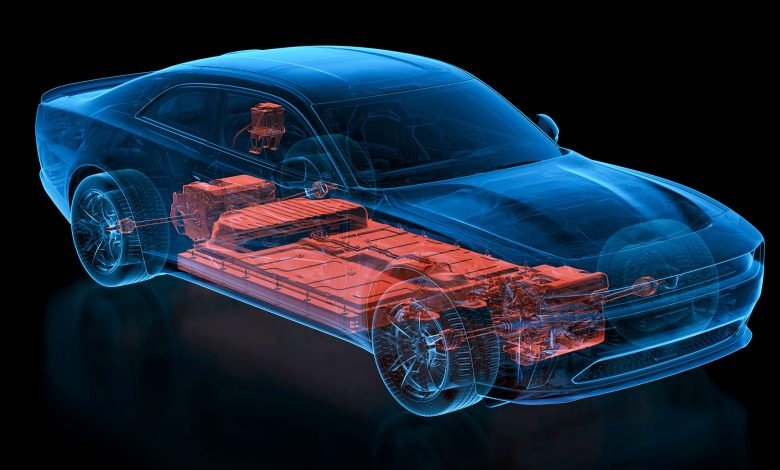
Big news in the EV world: Factorial Energy, the U.S.-based battery technology company collaborating with Stellantis, has unveiled a game-changing new tool called Gammatron™, an AI-powered platform designed to reduce battery development time and accelerate next-generation EV innovation significantly.
Traditionally, testing a new battery cell design takes three to six months just to determine how well it performs. But with Gammatron™, that timeline drops to just two weeks. That’s a massive time-saver, and it could mean electric vehicles (EVs) like the Dodge Charger Daytona get more powerful, more reliable batteries faster than ever.
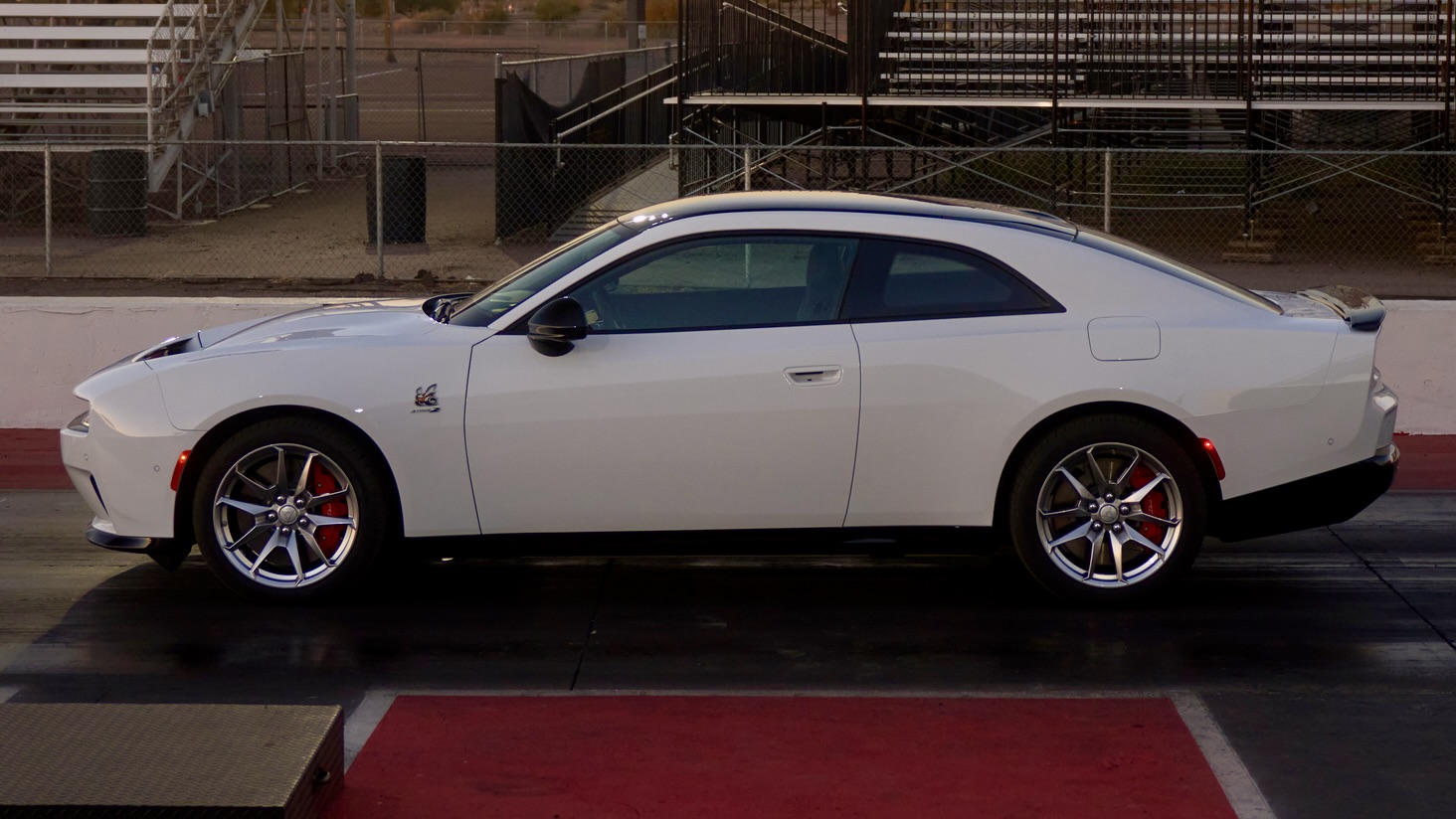
So, what exactly is Gammatron? It’s a digital twin platform, which means it creates a highly accurate simulation of a battery cell and predicts how it’ll perform over time. This helps engineers figure out the best materials, charging speeds, and safety features without spending months in the lab.
Unlike basic AI systems that only model battery systems at a high level, Gammatron dives deep, mixing electrochemistry, thermodynamics, and real-world lab data. It can optimize the charging speed of a battery without degrading it, discover better electrolyte formulas, and even simulate the buildup of heat and stress inside a battery during heavy use.
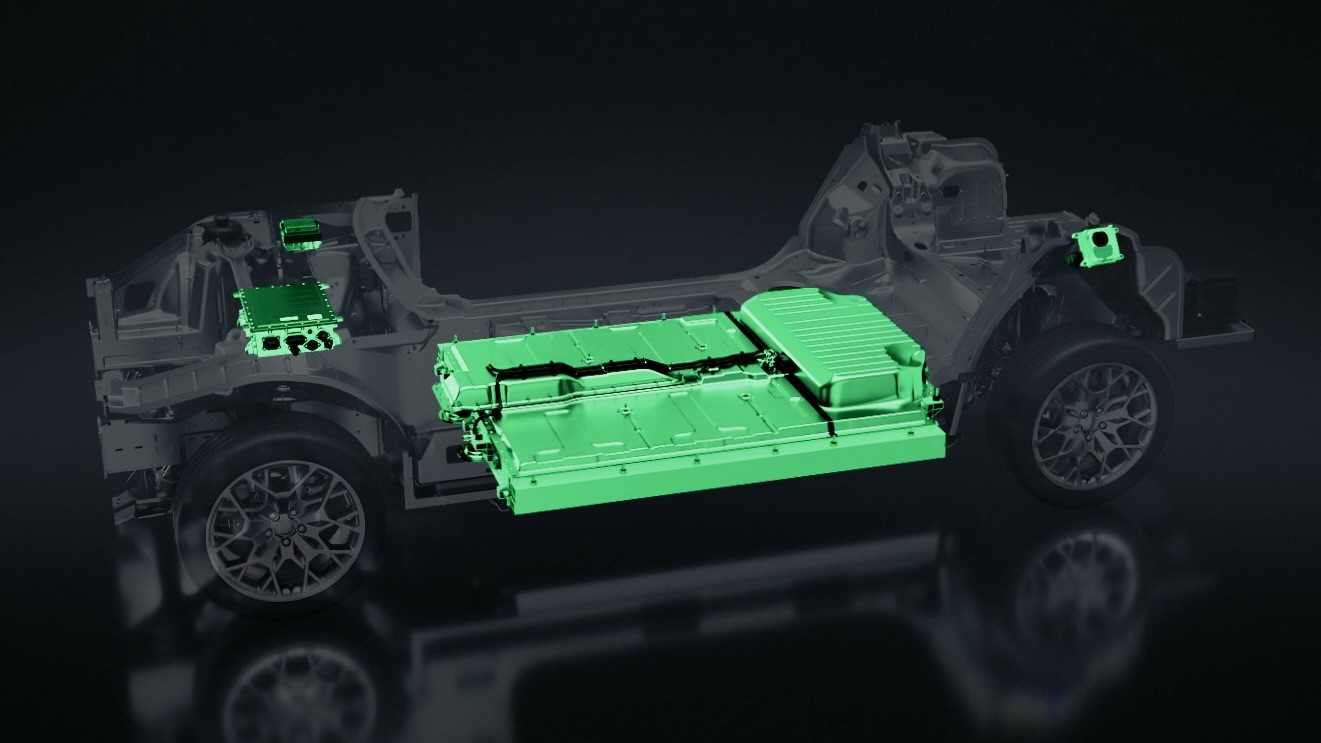
According to Factorial CEO Siyu Huang, it’s all about breaking bottlenecks in battery research:
“Validating a new cell design can take years, but with Gammatron, we’ve shown we can forecast long-term performance in just two weeks instead of several months.”
Gammatron has already been used in Factorial’s partnership with Stellantis, helping predict how new solid-state battery cells would perform before physical testing was even finished. In some cases, tuning charge protocols using this system doubled the battery’s cycle life without altering the chemistry.

And that’s just the start. Factorial is developing 77Ah solid-state battery cells using their proprietary FEST (Factorial Electrolyte System Technology), which delivers an energy density of 375Wh/kg and can charge from 15% to 90% in just 18 minutes, with no special cooling required.
The batteries can also handle extreme temperatures from -22°F to 113°F, making them more suitable for drivers in both frigid Michigan winters and hot Arizona summers. With 4C discharge rates, these batteries also support quick bursts of acceleration, making them ideal for performance EVs like the Charger Daytona.
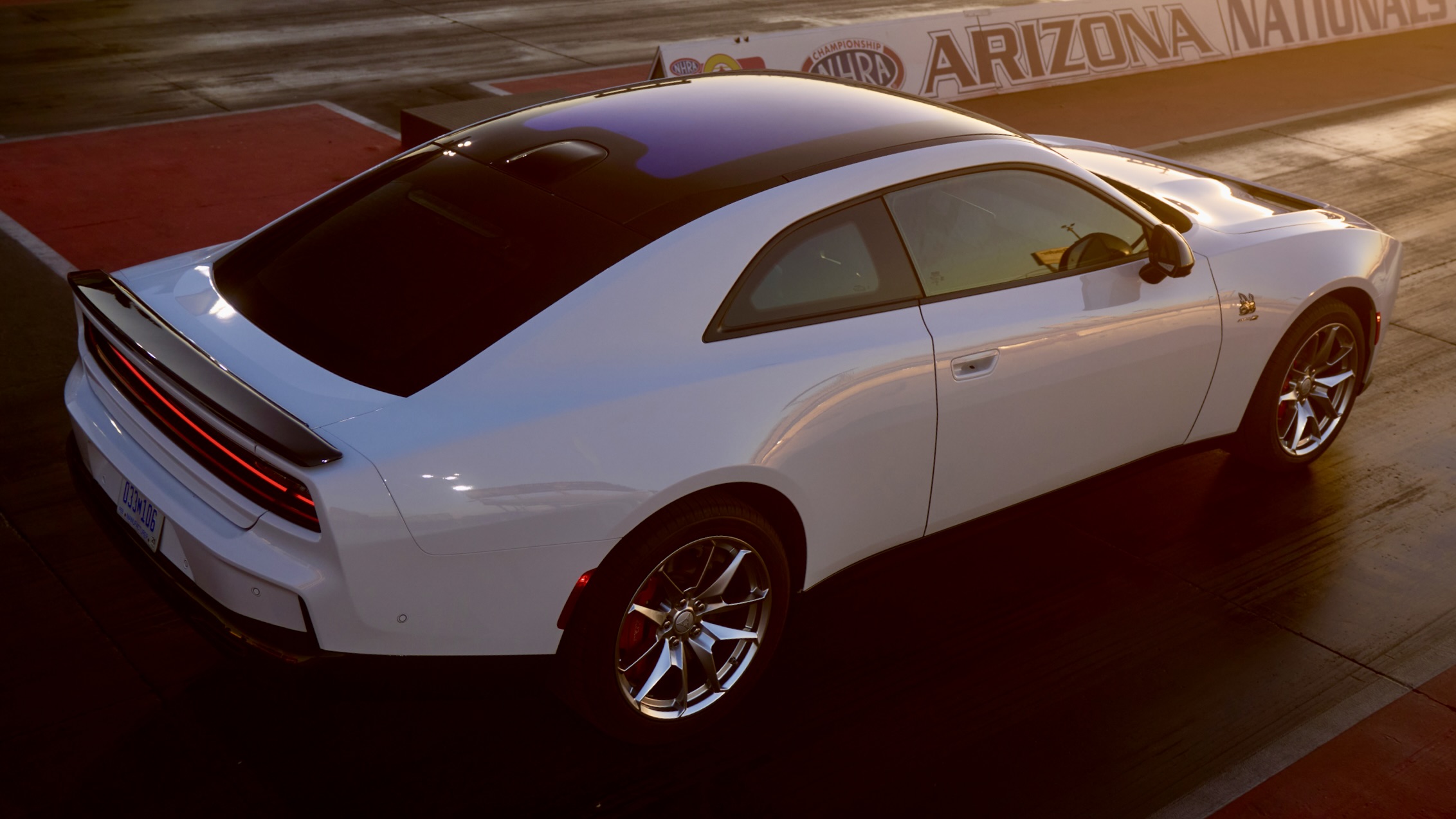
Stellantis plans to roll out a demo fleet of Charger Daytona EVs by 2026, powered by Factorial’s solid-state battery packs. This could dramatically improve range over the current 100.5 kWh lithium-ion setup, which gives the 2025 Charger Daytona Scat Pack an EPA-estimated 241-mile range.
It’s a strong payoff for Stellantis, which invested $75 million in Factorial back in 2021. And now, that partnership is helping bring safer, longer-lasting, faster-charging batteries from the lab to the road, potentially changing the game for EVs in America.

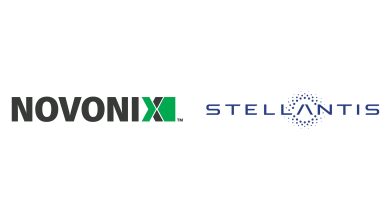
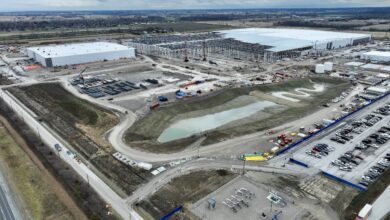
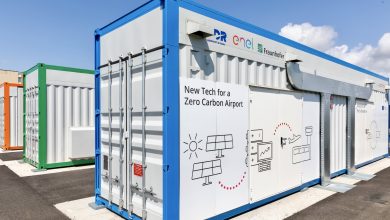


1 reply
Loading new replies...
Join the full discussion at the Mopar Insiders Forum →